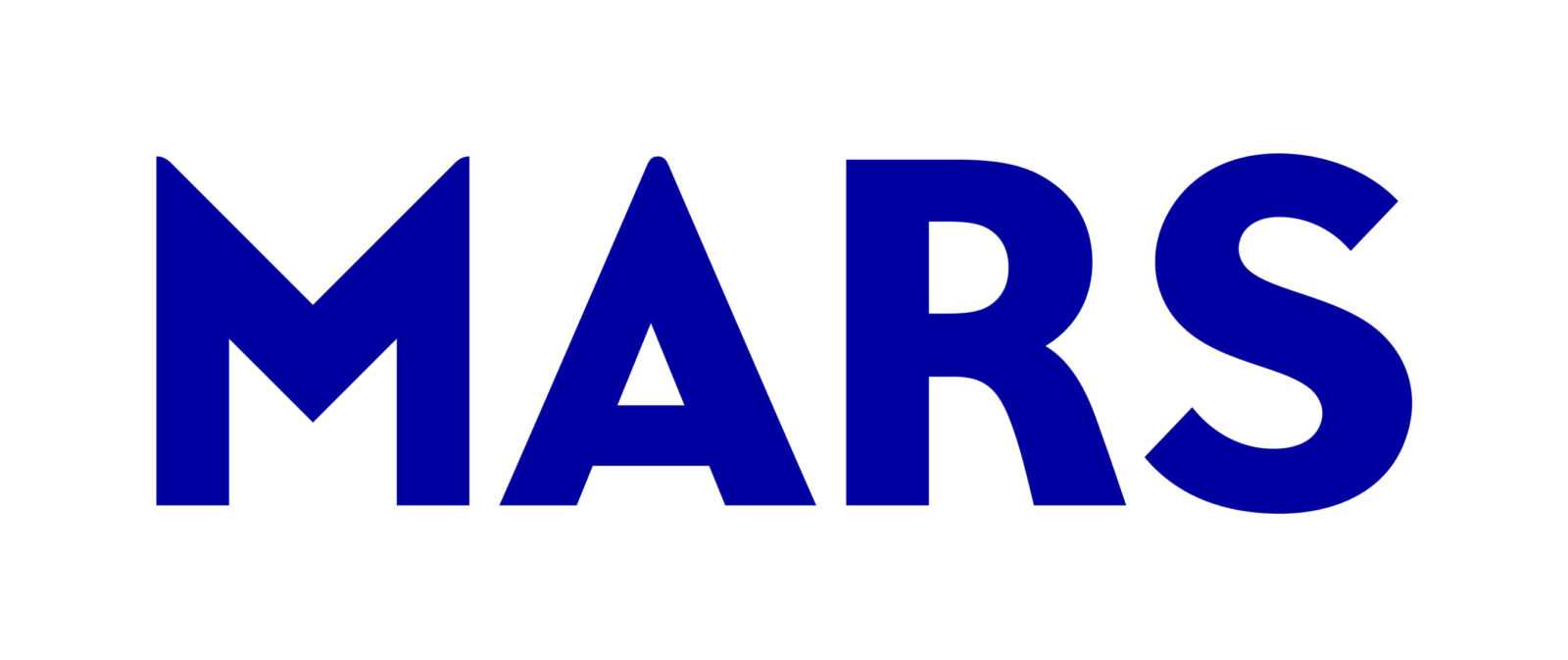Share your coffee stories with us by writing to info@comunicaffe.com.
CHICAGO, U.S. – Mars Wrigley, part of Mars, Incorporated, has just published its cocoa human rights report entitled, Respecting Human Rights in the Cocoa Supply Chain. In addition to updates on progress toward the target of 100 percent of its cocoa being sourced under its Responsible Cocoa program by 2025, this report contextualizes Mars Wrigley’s human rights goals within the cocoa sector. The momentum detailed in today’s report lives under Mars Wrigley’s $1B Cocoa for Generations strategy, specifically the Responsible Cocoa pillar, focused on protecting children, preserving forests and improving farmer income.
Mars Wrigley’s Purpose-led ambition to create a more inclusive, modern and sustainable cocoa supply chain requires shared accountability across suppliers, partners and governments. Its human rights report outlines the innovative approaches and joint action from industry, governments and civil society organizations needed to address inequality, poverty and human rights risk in cocoa farming communities.
2021 has been declared by the United Nations General Assembly as the International Year for the Elimination of Child Labor. Mars Wrigley firmly believes child labor and forced labor have no place in the cocoa supply chain, and in 2020 launched its Protecting Children Action Plan to tackle root causes of this challenge head-on. Advances, learnings and insights against the four-point approach to identifying, preventing and mitigating human rights risks with a focus on child labor and forced labor in its extended cocoa supply chain are included in today’s report. Notable progress includes:
- Expanding coverage of child labor monitoring and remediation systems to nearly 70% (from 51% in 2019) of volumes sourced in Cote d’Ivoire and Ghana, across 58,000 households.
- Championing the Living Income Differential (LID), Mars Wrigley was the first chocolate company to support the LID fee enacted by the governments of Côte d’Ivoire and Ghana, has consistently purchased its cocoa with the LID to support cocoa farmers, and has been vocal in calling on others to do the same.
- Empowering women socially and economically by doubling the Village Savings and Loans Associations program membership in 2020, reaching more than 24,000 members, plus a $10M commitment to CARE to reach more than 60,000 by 2025; and with new research with KIT Royal Tropical Institute on gender, including a unique empathy study grounded in the voices of women and girls in cocoa communities and their views on actions to address gender inequality and disempowerment.
- Promoting quality education and early childhood development and nutrition with an investment of $3.3M to support the Jacobs Foundation’s creation of two new public-private education funding facilities.
Andrew Clarke, Mars Wrigley Global President sees this cocoa human rights report as a critical tool for opening more dialogue, sharpening focus and invoking collective effort to transform the cocoa supply chain.
“Publishing our experience – sharing what we believe works and what doesn’t – is essential to confront the realities of the cocoa supply chain. While we take pride in our individual efforts, sustainable cocoa farming cannot exist when farmers’ rights are not respected and when they are not paid fairly for their labor across the entirety of the sector.
“To achieve meaningful impact that enables cocoa farmers to thrive, public-private partnerships coupled with appropriate due diligence legislation where needed will be essential. Together these enablers can help improve farmer income and advance respect for human rights in cocoa growing communities,” said Mr. Clarke.
Mars Wrigley’s complete progress report, Respecting Human Rights in the Cocoa Supply Chain, can be viewed here.















